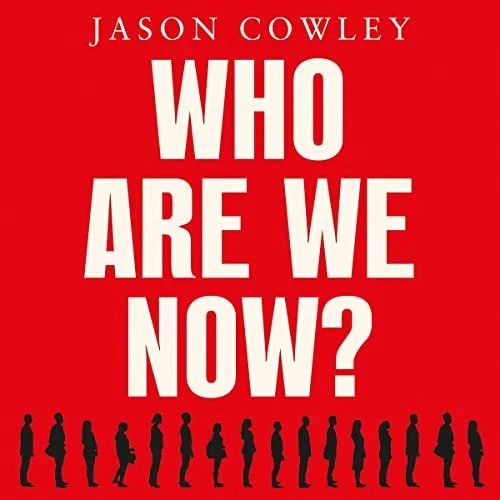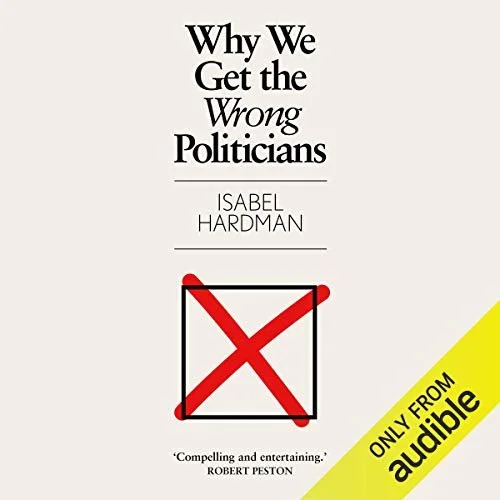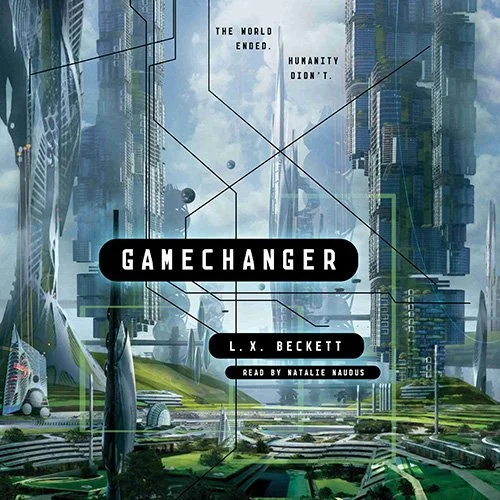Free by Lea Ypi shows that it's worth fighting for a better society
This is my second article on the book Free: Coming of Age at the End of History, by Lea Ypi, a memoir about what it was like to grow up in Communist Albania and then have your teenage years during the sudden changes that came over the country when it liberalised in the early 90s. It’s quite a rollercoaster, taking in the best and worst of life under extreme communism and capitalism.
When you start reading the book, it comes across as a depressing book about a depressing country during a depressing period in its history. Communist Albania was very authoritarian. It was the last Stalinist country in the world. The state controlled all the media, people informed on their neighbours and Ypi had friends or family members sent to jail for political actions.
When communism ended in Albania, the society went through an abrupt transition that wasn’t entirely positive. Extreme communism became extreme capitalism where it was normal for people to be drug dealers or sex traffickers. Eventually the country collapsed into civil war.
Transition to utopia
What both the extreme versions of socialism and liberalism that Albania experienced have in common is that they all offered a vision of a better society that will come after a period of sacrifice. The communist leaders of Albania promised that they were working towards a communist utopia, which would be realised after a period of socialism. The utopia never came about, but that didn’t stop Western liberals from offering essentially the same idea, i.e. that a liberal utopia would come about after a period of economic transition.
Communist utopia could only be realised by a period of heavy state control, isolation from the outside world and a strict rationing of goods and services. Liberal utopia - Ypi refers to the post-communist period as “liberalism” and not capitalism, although it involved moving Albania to a capitalist economic system and a small “L” liberal political system - could only be brought about after a transition over seen by the World Bank and the IMF, with massive privatisation and deregulation.
During transition, all after-school programs were shut, Ypi’s father had to make people redundant at the port where he worked and the power supply became intermittent. Needless to say, Albania has not become a liberal utopia 20 years after this transition began.
“Piling up of errors”
In an interview with the podcast Talking Politics, Ypi said that “it’s hard to have faith in anything” after seeing the failures of both socialism and liberalism in Albania. The book has ample evidence that every idea to improve society, no matter how good it looks on paper, is always implemented badly and the ordinary people lose out.
You could come away from reading Free and think of it as a nihilistic story about how all our grand plans are doomed to failure. However, there is optimism in the book. Ypi emphasises the power of “freedom as moral agency”, in other words that humans are inherently moral and we use the freedom that we have (regardless of how much freedom that is) to strive to make the world better.
Albania is not the only country to go through utopian socialist or liberal experiments and many (if not all) have been failures. This leads to a cynical reading of history as the “piling up of errors”, as Ypi said. However, we don’t have to be cynical. We can do as Ypi advocates in the book, and in her Talking Politics podcast episode, and learn from the errors of history to build something better in the future.
Tyranny against civil war
For those of us on the left, Free shows how attempts to improve the world in a socialist direction can go wrong and lead to tyranny. However, the book is not a glowing endorsement of capital “L” liberalism of the type pushed in the 90s, aka the End of History. Free shows how liberalism can go wrong and lead to civil war.
This contrast reminds me of the writing of 17th century political philosopher Thomas Hobbes, who weighed the dangers of tyranny against civil war. Hobbes lived through both the tyranny of King Charles II and Oliver Cromwell, and the horror of the English Civil War. He had a unique perspective on the dangers of both too little and too much freedom. Controversially, Hobbes ultimately came down on the side of tyranny.
Hobbes's ideas are the foundation of the modern small “L” liberal state. That’s liberal as in John Locke, not Joe Biden. Although the state has become much more liberal - both small “L” and big “L” - since then, the basic assumption that authority trumps freedom is still the basis of the state in what we disingenuously call “The Free World”. This Hobbesian acceptance that a dirty compromise with naked state authority is the best we can do is the basis of so much liberal cynicism, which says we cannot do better than what we have.
Liberal cynicism
This liberal cynicism leads to a Western liberal cynical reading of Free. This liberal reading says that all economic and political systems are bad, but western liberalism is the least bad. I.e. that the extreme freedom of Ypi’s teens is preferable to the extreme state control of her childhood. Let me be clear that I am not endorsing extreme state control, it sounds bloody awful. But I am arguing against the liberal idea that the flawed liberalism that took over Albania in the 90s is the best we can do.
This liberal idea says that Western liberalism gives individual freedom, which is what is best for everyone; even if there are problems that come with this freedom, such as people becoming drug dealers or sex traffickers, or school programmes closing, or people losing their livelihoods, or the electricity stopping.
There is a closely related liberal argument to this, which is to say that communism is the worst of all bad systems. This argument goes that if you try to divert from Western liberalism – or neoliberal economics - in any way, you will end up like communist Albania.
The End of History
This argument for Western liberal superiority is connected to the one that Daron Acemoglu and James A. Robinson made in their seminal book on economic and political development: Why Nations Fail. Their argument is that small “L” liberal institutions make the best and only effective form of government.
David Runciman explained their argument succinctly in a different Talking Politics episode by borrowing the famous phrase Leo Tolstoy wrote in Anna Karenina: “All happy families are alike, but every unhappy family is unhappy in its own way.” Runciman argues that all prosperous nations are successful in their own way and are not the same.
A substantial amount of liberal political thought is dedicated to the idea that there is only one way to do things, any deviation from this will lead to ruin and that the whole world is inevitably moving towards this state (the End of History referenced in the subtitle of Ypi’s book). This argument holds that even when liberalism is flawed and hurts people, it is still better than all the other flawed systems of government. You can read Free as part of this argument, but that’s not how Ypi wants it to be read.
Asking the question
You can read Free and use it as an inspiration to make the world a better place. This is the takeaway that Ypi wants you to get from reading the book. We can all strive to make better institutions and improve society. We shouldn’t be cynical and let the mistakes of the past deter us. That’s the lesson from Free. You can read this book in a nihilistic way, that everything that is built fails in the end, or read it in an optimistic way, that it’s worth trying.
A good place to start with making society better is by asking the question, what's wrong with society? This is where we are at now on the left in the West. We have identified the problems caused by capitalism and our political system, from systematic racism to the looming environmental disaster. Many of these are caused by liberalism - again both big and small “L” - which isn’t an argument for state tyranny, it’s a part of asking what’s wrong with society.
Ypi said that we need better answers to the questions that our world poses. These answers should be informed by the mistakes of the past and the failures of socialism in places like Albania. State tyranny is not the answer. We need better answers. The first step to getting better answers is to ask the question. To ask the question we shouldn’t assume that liberalism has all the answers and we should not be depressed by the idea that everything we do will fail. We can’t use this as an excuse to never try.




